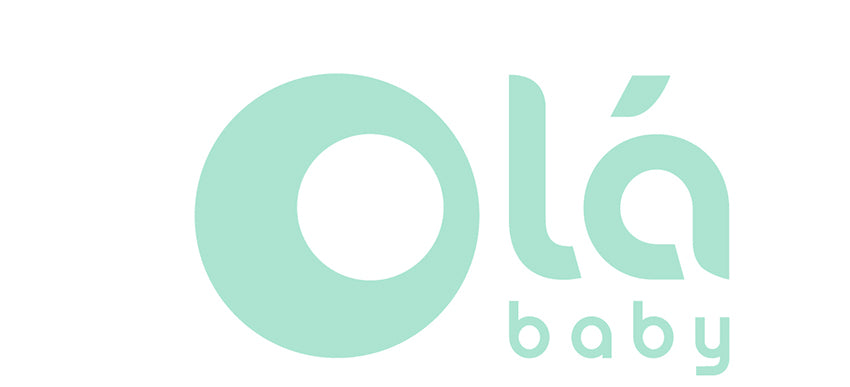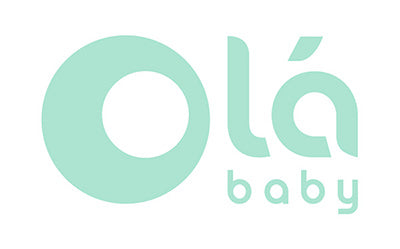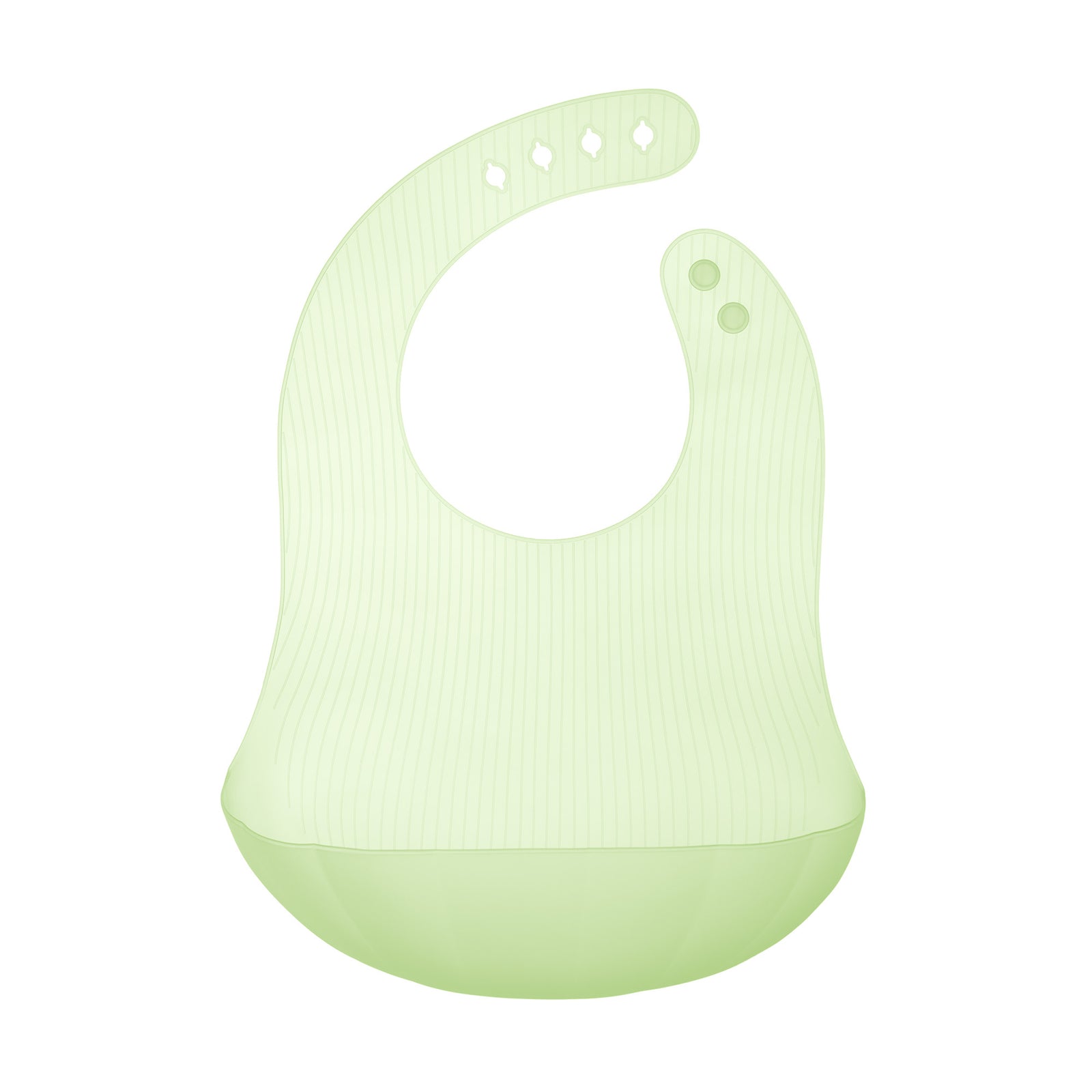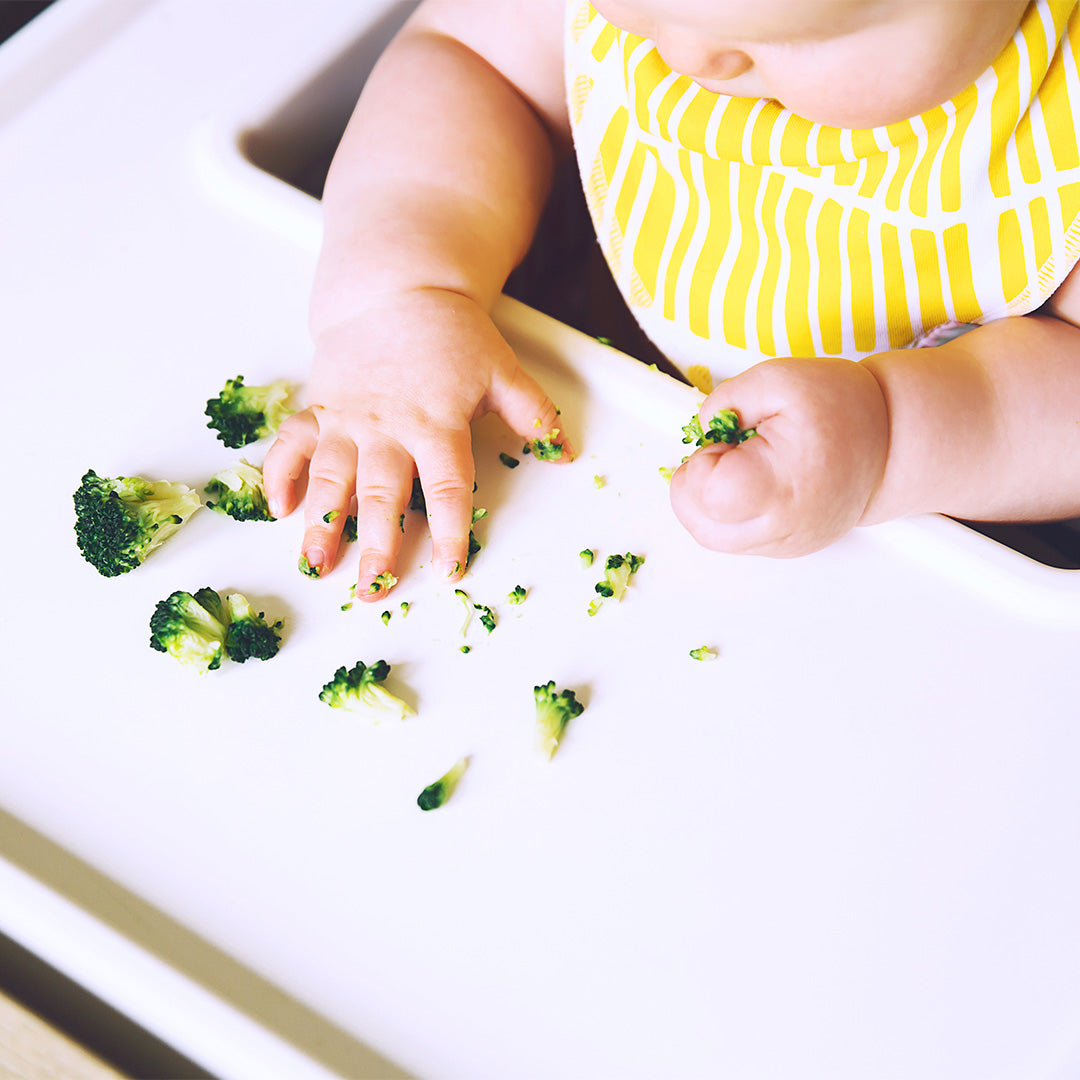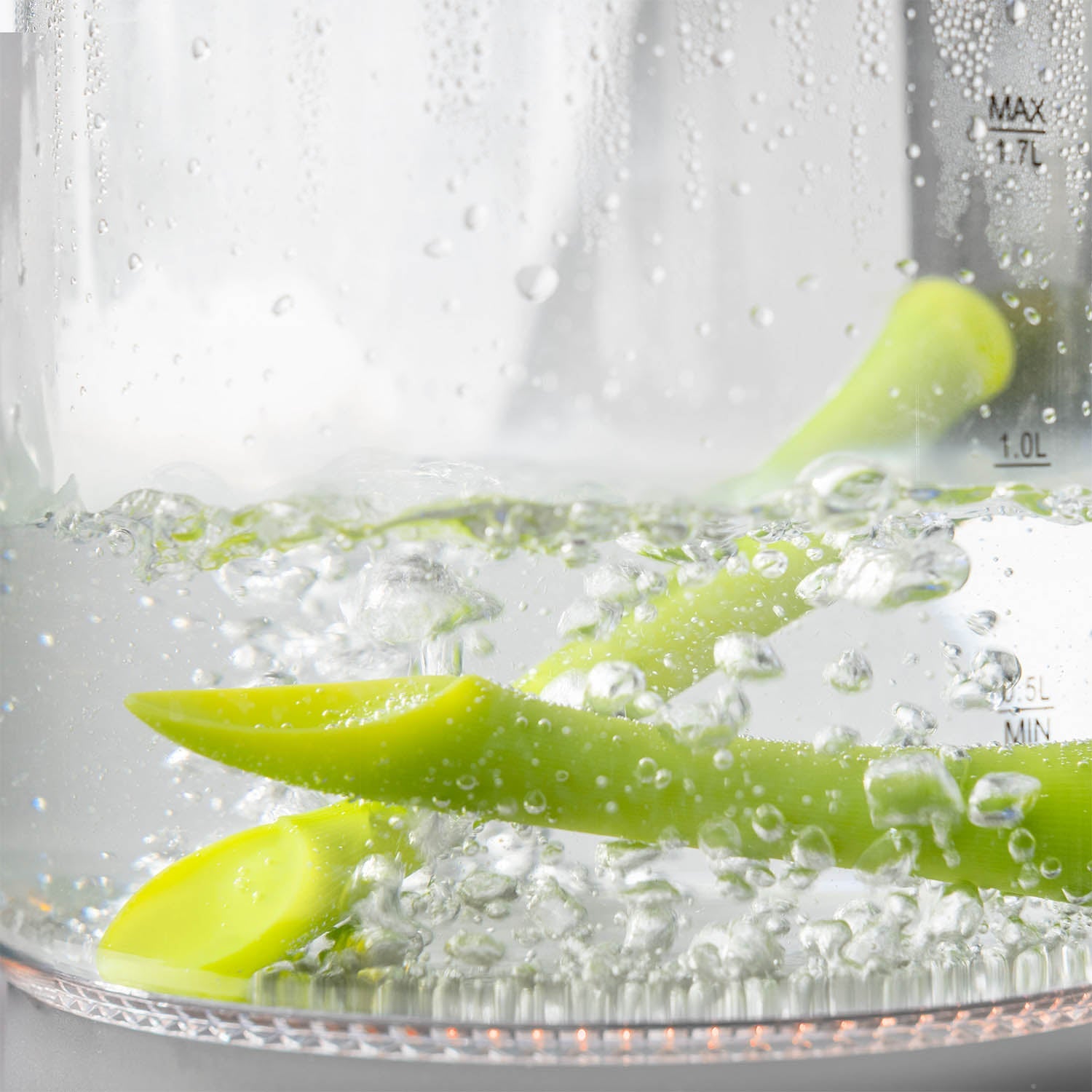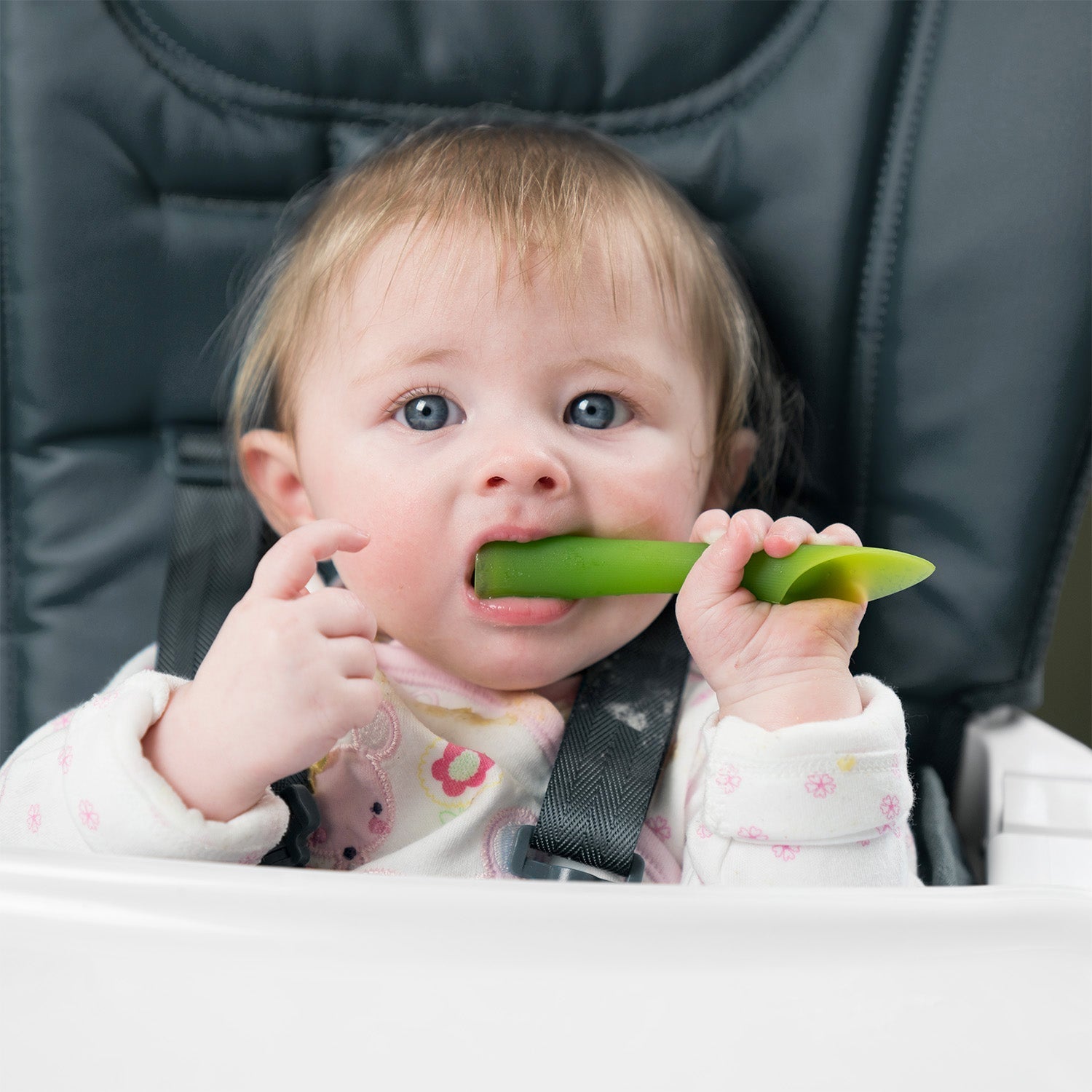You are excited about giving food to your baby for the first time, but you still have many questions and doubts despite your pediatrician’s recommendations. Don’t worry, this article will help you know if your little one is ready to start eating solids!
You should know that It's completely normal to feel a little bit scared at the beginning of complementary feeding. However, you should trust your own maternal instinct (which is usually right!), enjoy this new phase in your and your baby’s life, while keeping in mind the importance being responsive to your little one’s needs.
There are 3 questions you should ask yourself before introducing complementary foods to your baby:
- Is my baby old enough to start eating solids?
- Is my baby developmentally ready to start eating?
- Should I keep breastfeeding of giving formula to my baby?
This article aims to guide throughout the process based on these questions, so that you can analyze your own situation and make the right choice for your baby. So let’s go to it!
- Is my baby old enough to start eating solids?
There are different opinions about the optimal timing for introducing complementary foods. It varies based on the source, but also from country to country, reflecting cultural factors and food availability.
Although some international authorities/sources recommend introducing solid foods from the age of 4 months, most of them agree on the fact that as of 6 months would be ideal. The WHO, for example, recommends to exclusively breastfeed until at least 6 months of age, if possible, when complementary food is introduced. And then, continue breastfeeding up to two years of age or more. Furthermore, most of them also agree on the fact that infants shouldn’t start eating solids before 4 month of age and that it shouldn’t be delayed beyond 6 months of age.
Then, if your little one is about to turn 6 months old, she/he should be ready to start eating solids!
- Is my baby developmentally ready to start eating?
First of all, you should keep in mind that all babies are different and that factors such as weight or age don’t determine readiness to start with solids. On the contrary, there are developmental milestones (physiological and neurological) that will help you decide whether your baby is ready or not. This stage of maturation to start complementary feeding is usually reached between 4 and 6 months of age:
- Your baby is able to digest and absorb nutrients.
- Her/his intestinal tract is developing immunologically with defense mechanisms. (This maturation will continue and increase rapidly as more food ingested).
- Your baby is able to chew, and swallow pureed or non-liquid foods. (Skills such as the ability to handle semisolid foods, to self-feed or drink from a cup using both hands, will appear later around 6-to 9 months of age).
Besides, your baby should:
- Sit up well (initially with support).
- Hold her/his head steady and straight.
- Have lost her/his extrusion reflex.
- Show interest in food.
- Close her/his lips over food and scrape it off in the case of using a spoon while this is removed from the mouth.
Does your baby fulfill these requirements? Then she/he should be ready to start complementary feeding!
- Should I keep breastfeeding of giving formula to my baby?
Breast milk (or formula) provides all the nutrients for the first 6 months of life (iron supplements may be required). However, after this age, and due to your baby’s accelerated growth, she/he will require more energy than what milk alone provides, as well as micronutrient such us iron and zinc (in the case of exclusively breastfed).
Until your baby turns 1 year old her/his diet should consist of about 50% breast milk (or formula) and 50% food (milk intake will decrease over time). Therefore, food will complement your baby’s diet, while she/he transitions to the family foods.
So, yes! Breast milk (or formula) remains being of great importance for your baby. Actually, don't be surprised if the first few months of complementary feeding milk continues to be the main source of nutrients for your baby – it should be so!
And last but not least, give your baby time to explore and accept food – they usually need it! Don’t be afraid to experiment, but most of all, don’t forget to have fun! Food is such an important part of our lives that children should learn to enjoy it with all its different flavors, colors and shapes from the beginning of the process.

References:
- Organización mundial de la salud, organización Panamericana de la salud. La alimentación del lactante y del niño pequeño. Washintong DC: 2010
- Complementary Feeding: A Position Paper by the European Society for Paediatric Gastroenterology, Hepatology, and Nutrition (ESPGHAN) Committee on Nutrition, 2017
- Cooke, L., McCrann, U., Higgins, C. Managing weaning problems and complementary feeding. Pediatrics and Child Health. 2013; 23:8, 346-350, https://wicworks.fns.usda.gov/wicworks/Topics/FG/Chapter5_ComplementaryFoods.pdf
